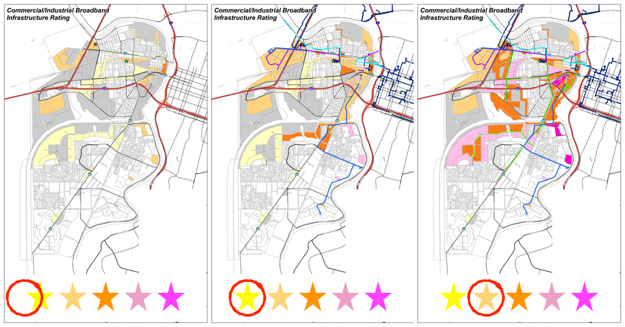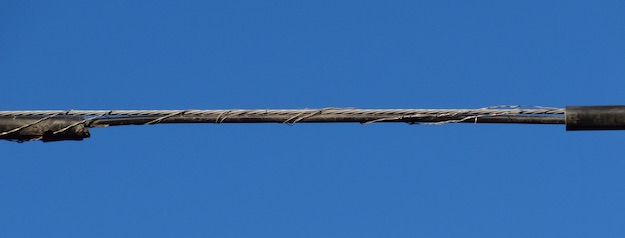California broadband subsidy amendments protect telcos' bad rural service

Get used to it.
AT&T, Frontier Communications and cable companies would be able to freeze broadband development in unserved areas of California and get priority access to broadband subsidy money, under the terms of a newly amended bill to reinstate a tax on phone bills and use the money to top up the California Advanced Services Fund (CASF). The latest version of assembly bill 1665 tracks with a draft circulated last week and is designed to freeze out independent broadband infrastructure projects.… More


![By Topjur01 (Own work) [CC BY-SA 3.0 (https://creativecommons.org/licenses/by-sa/3.0)], via Wikimedia Commons](https://www.tellusventure.com/images/2017/6/graduation.png)



![By Ixocactus (Own work) [CC BY-SA 4.0 (https://creativecommons.org/licenses/by-sa/4.0)], via Wikimedia Commons](https://www.tellusventure.com/images/2018/11/lipstick_pig.jpg)


![By U.S. Navy photo by Mass Communication Specialist 3rd Class Frankie J. Colbry [Public domain], via Wikimedia Commons](https://www.tellusventure.com/blog/images/2014/12/money.jpg)